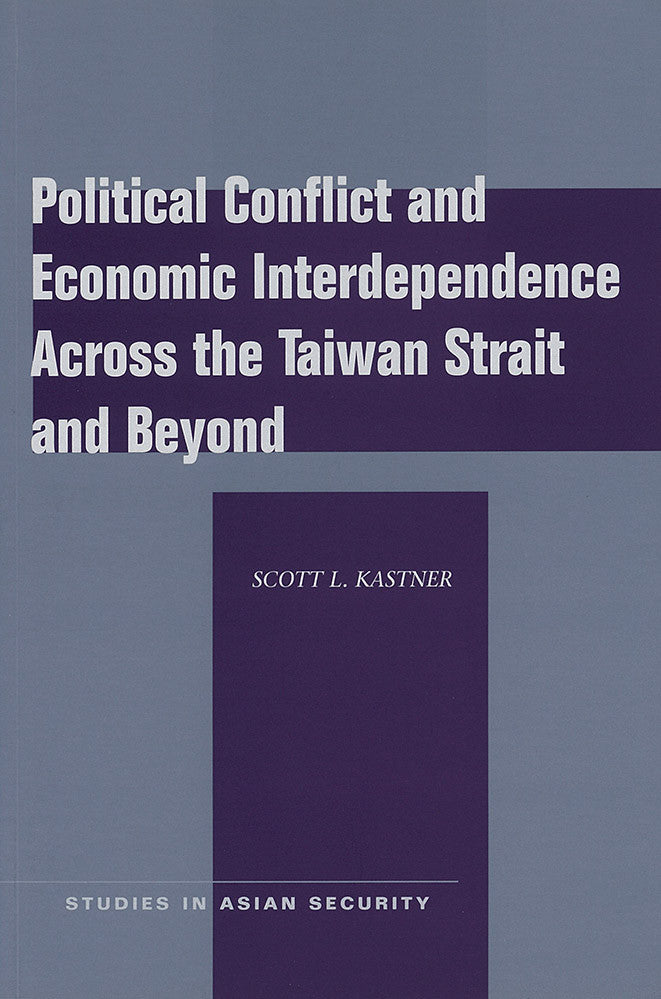 Summary
Summary
Why is it that political conflict between countries sometimes undermines commerce between those states, and yet at other times it seems to have little or no effect on cross-border economic flows? The question is an important one, yet, while numerous studies have considered how and to what extent international political conflict affects trade, few consider how and when economic linkages can develop despite hostile political relations. This book addresses that gap, and demonstrates that the impact of international political conflict on commerce will be muted when national leaders are accountable to internationalist economic interests—because such leaders will try to prevent political disputes with other countries from spilling over into economic arenas. The author develops this argument primarily through a detailed case study of a critically important contemporary case: the relationship between Mainland China and Taiwan. He then tests it via two shorter case studies.
Kastner, Scott
Published inBlog
